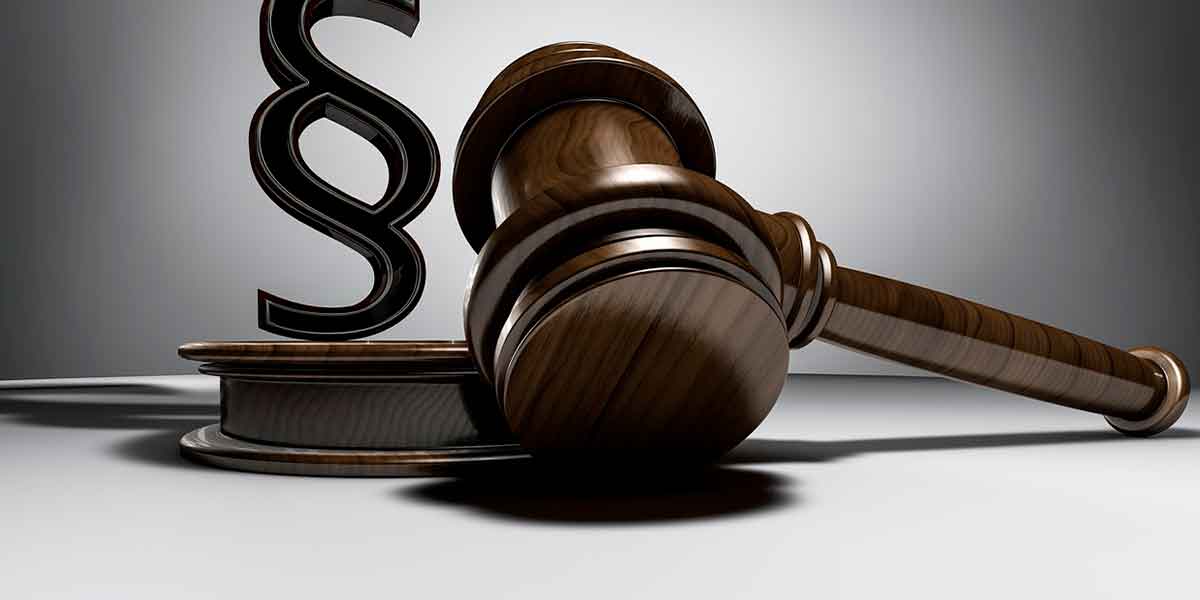When an individual passes away, it is common for their estate to go through the probate process in court. This is where the deceased’s assets are transferred to the rightful heirs. Probate is used to validate a will, with the executor responsible for distributing the assets to the beneficiaries. If no executor is named in the will, the court will appoint an administrator. Due to the lengthy and time-consuming nature of probate, many questions often arise. Below are some common FAQs related to probate that can provide a better understanding of the process.
Initiating Probate with a Will
If a will is present, it may designate an executor or multiple executors. The appointed executors must come to a consensus and choose one to make decisions. The first step is to register the death and make funeral arrangements. The executor can decide whether to proceed with probate or enlist the help of a probate attorney.
Proceeding Without a Will
If the will cannot be found, family members or local solicitors can be contacted to locate it. In the absence of a will, the court will appoint an administrator to oversee the process.
Executor’s Role in Probate
Once appointed as an executor, there is no obligation to continue with the probate process. The executor can relinquish their rights to other named executors or seek legal counsel to assist in the process.
Executor’s Legal Responsibilities
Executors must adhere to probate laws, prioritize the estate’s interests, settle debts and taxes, and notify creditors of the death. They are held accountable for any claims made post-asset distribution.
Engaging an Attorney
For high-value estates, consulting with a probate attorney is advisable to navigate the complex process effectively.
Tax Obligations in Probate
Executors must handle tax payments for the deceased’s last tax year and the estate separately, filing returns accordingly.
Creditors and Bankruptcy
Executors are not personally liable for estate debts in bankruptcy, but may be responsible if the estate loses value due to mismanagement.
Adhering to the Will
Following the instructions in the will is crucial, as beneficiaries risk losing their inheritance if the estate is mismanaged.
Costs of Probate
Executor compensation and attorney fees are determined by law, with executors receiving compensation as specified in the will and attorneys charging a fixed rate for their services.
Final Thoughts
Handling the probate process can be complex, and seeking legal guidance is advisable to ensure a smooth and efficient resolution. An experienced attorney can provide valuable assistance and expertise to navigate any challenges that may arise, leading to a successful probate process.




